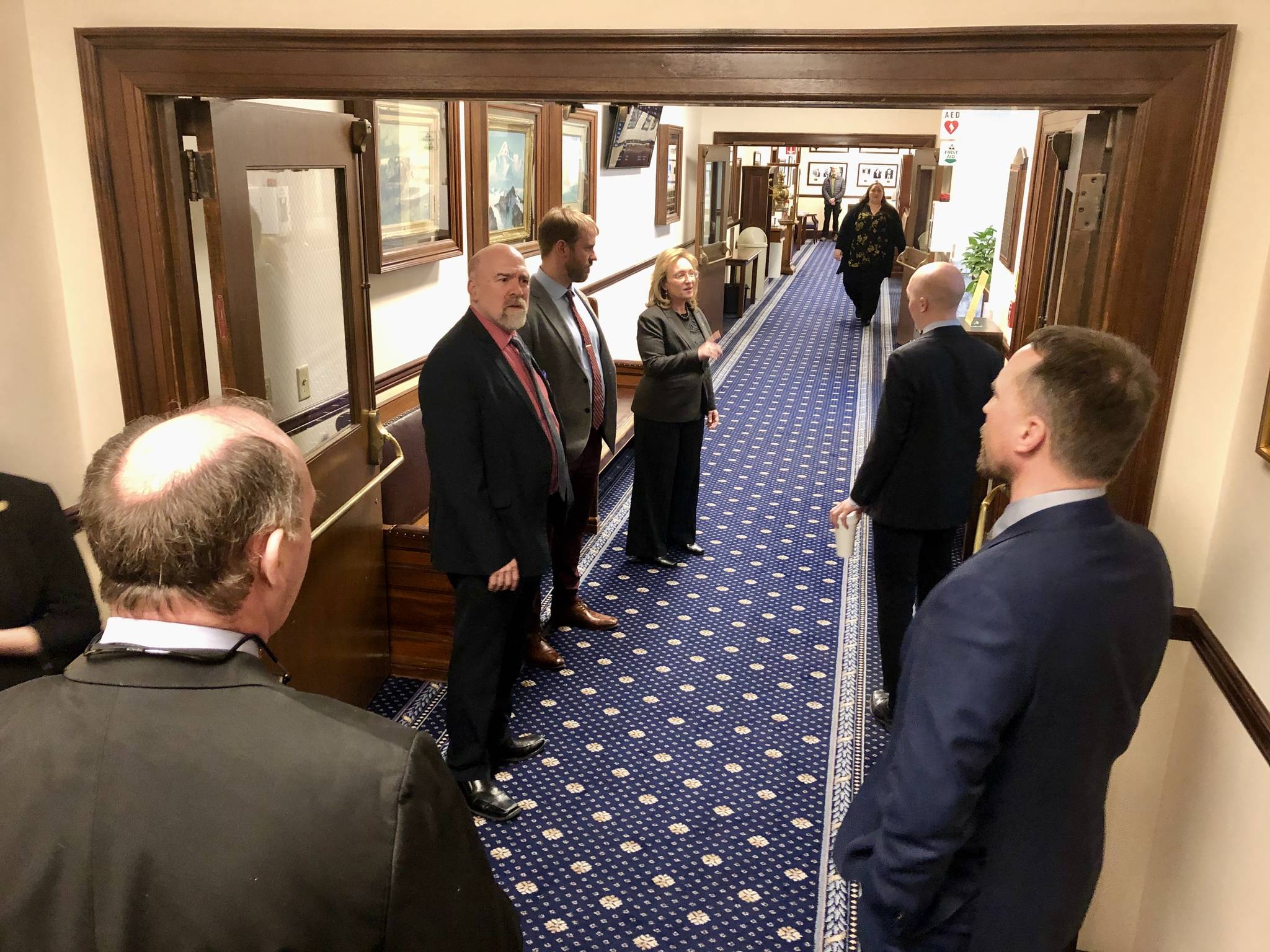House members failed to pass the Fiscal Year 20 supplemental budget for the second time in a week Wednesday afternoon. Lawmakers had failed to pass the bill last week with House Republican minority members opposed to the size and scope of the budget.
The version of the supplemental budget that came back to the House from the Senate was far larger than the one approved by the House in late February.
“Time is of the essence,” said House Speaker Bryce Edgmon. “We have a major pandemic that we haven’t seen in the state for over a hundred years.”
But members of the minority were not convinced the supplemental budget was the right place to tackle that issue.
In February the House voted almost unanimously for a version of the supplemental budget given to the Legislature by Gov. Mike Dunleavy. That budget contained funds for Medicaid repayments and covered the cost incurred by the summer’s firefighting efforts.
[Senate passes supplemental budget, house works into the evening]
But by the time the bill got to the Senate, the outbreak of COVID-19 had become a global pandemic and Senate leadership added emergency funding for that crisis as well as a “reverse sweep” provision. The sweep is an accounting mechanism the state has which empties all state accounts at the end of the fiscal year on June 30.
Reversing that action takes a vote of three-quarters of both bodies, which is 30 votes in the House. Getting those votes has been a way for minority members to leverage their influence in the House.
By voting for the reverse sweep in the supplemental budget, minority members would be giving up the leverage before voting on the operating budget.
Minority members accused the Senate and the House majority of using the COVID-19 crisis as a way of getting them to forfeit their leverage.
“I don’t understand while we’re pulling it up today. It seems absolutely political,” said House Minority Leader Lance Pruitt.
Pruitt and other minority members said the bill could have still been sent to the governor for passage, but anything over the $250 million already allocated by the Legislature last year would not be funded and could be placed into other bills.
“Things are going to be said to the press, people are going to be painted in a certain mindset, people put in a bad light,” Pruitt said. “The bill already passed, it just wasn’t fully funded. It could have already been sent to the governor.”
The Senate passed an operating budget bill on Monday which is currently under debate under a special Conference Committee. Minority members suggested that bill was a more appropriate place to address COVID-19 crisis.

